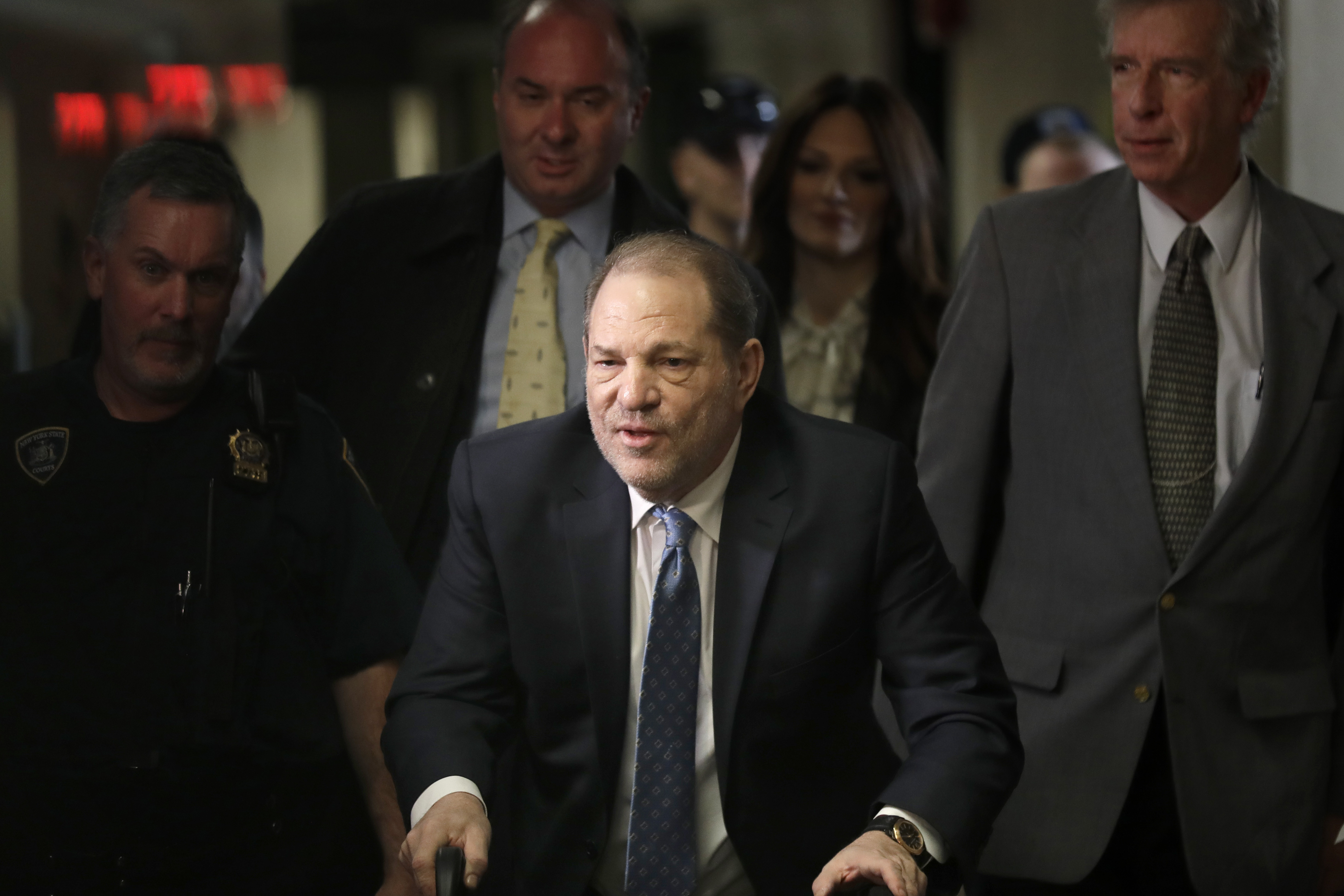Nine makers and distributors of prescription opioids fostered an epidemic of addiction and overdose with business practices that included deceptive marketing and failure to report suspicious orders, according to a lawsuit filed by the city of Los Angeles.
The suit seeks an end to those practices, corrective measures, and compensation of costs and damages.
"One of the main drivers of the opioid epidemic has been deceptive marketing," said Mike Feuer, Los Angeles City Attorney. "That deceptive marketing encourages the use of opioids for chronic pain, instead of short term use, and it minimizes the potentially addictive effects."
Added LA Mayor Eric Garcetti: "This is the deadliest drug epidemic in American history."
The term opioid covers a broad range of narcotic pain medications, including OxyContin, fentanyl, and other drugs available in prescription pill form.
In Los Angeles County, population 10 million, some 4.6 million opioid prescriptions were filled in 2016 — nearly one for every two persons — according to the county Department of Public Health statistics cited in the suit. In one year, 327 deaths in the county were linked to opioids, 17,000 nationwide, the suit stated.
The manufacturers named in the suit include Purdue Pharma LP; Cephalon, Inc (now under Teva Pharmaceutical industries); Endo Pharmaceuticals, Inc; Janssen Pharmaceuticals, Inc; Insys Therapeutics, Inc; and Mallinckrodt LLC. The suit also names three wholesalers: McKesson Corporation, Cardinal Health, Inc. and AmerisourceBergen Corporation.
News
Top news of the day
The suit alleges the wholesalers "failed to track and report suspicious sales as required by California and federal law."
The private law firm Robbins Geller Rudman & Dowd, LLP, worked with the LA City Attorney's office in bringing the 160 page suit, including graphs and charts.
NBCLA sought comment from all nine companies. By early Friday, five had emailed responses, in general defending their business practices, and citing pro-active steps to reduce opioid abuse.
Janssen Pharmaceuticals stated that the "allegations against our company are baseless and unsubstantiated...Our actions in the marketing and promotion of these medicines were appropriate and responsible....In fact, our medications have some of the lowest rates of abuse among this class of medicines."
McKesson issued a statement citing its "strong programs designed to detect and and prevent opioid diversion within the pharmaceutical supply chain." It said the corporation "reports hundreds of thousands of suspicious orders to the DEA each year."
Mallinckrodt stated it "does not promote its opioid products to physicians, nor does it supply these products directly to independent retail pharmacies." It citied its support of prescription drug monitoring programs, including providing law enforcement with placebo replicas of opioid tablets for law enforcement operations.
Endo's statement noted that it voluntarily ceased opioid promotion and eliminated its product salesforce at the end of 2016. It also "voluntarily withdrew Opana ER from the market...implemented additional anti-diversion measures and terminated its new opioid product dvelopment programs."
Teva, which became the parent of Cephalon, wrote of its committment to the "appropriate use of opioid medicines" and described a "multi-faceted approach to this complex issue," including efforts to develop non-opioid alternatives for chronic pain relief. It described collaboration "to understand how to prevent prescripton drug abuse without sacrifiing patients' needed access to pain medicine."
Similar suits have previously been filed by dozens of other local, county and state governments, mostly back east, where the reported incidence of opioid use and overdose has been even higher.
In legal responses to those suits, the defendants have denied the allegations.
In February, Purdue Pharma, maker of OxyContin, announced it would reduce its sales representative staff and stop marketing opioid medications to doctors. On its website is posted is posted an open letter expressing the company's commitment to "fight" what it calls the "prescription and illicit opioid abuse crisis."
Feuer indicated he would like to see any pledges by the defendants secured by court order. He expects LA's suit, though filed in Los Angeles, will be brought under the jurisdiction of a federal judge in Cleveland now overseeing at least 46 cases regarding opioids.



